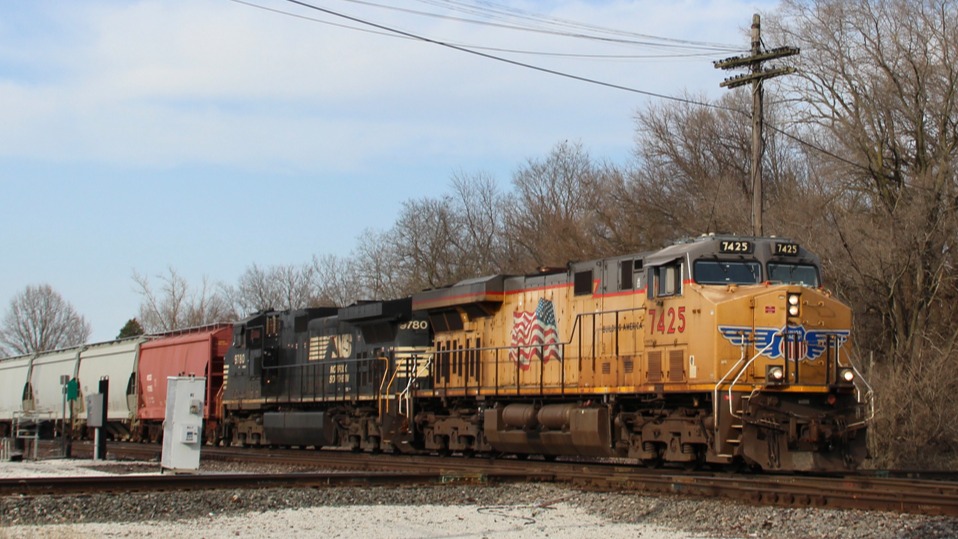Rail merger could raise prices, hurt US ability to compete, say GOP legislators
Dozens of Republican congressional legislators warned regulators that the proposed rail mega-merger of Union Pacific and Norfolk Southern threatens to raise the cost of products on everything from steel and autos to food, and hinder the ability of U.S. companies to compete on the world market.
While stating that they were committed to economic opportunity, free enterprise, and fair competition, “[T]his merger raises serious questions about its long-term impact on competition, service reliability, and the cost of doing business in America,” said legislators in the letter addressed to Surface Transportation Board Chairman Patrick Fuchs, Vice Chair Michelle Schultz and member Karen Hedlund. “If approved, the combined UP-NS system would control nearly 45% of all U.S. rail tonnage and hold dominant market share in critical commodity sectors. These commodities directly affect the cost of consumer goods, housing, energy, and food – core expenses for American families and small businesses.
“Reduced competition in these areas will inevitably lead to higher prices and fewer choices. This merger could negatively affect America’s ability to compete with China, and it has the potential to pose significant risks for the industrial and agricultural production that powers state economies and the broader American manufacturing base.”
The letter was signed by 54 GOP senators and representatives, and comes just days after a similar letter from nine Republican state attorneys general said the merger effects could affect national security. It also follows a dominant performance by Democrats in the recent elections amid plunging voter approvals over how the Trump administration is handling the economy and concern over rising prices for groceries, energy and consumer goods.
Union Pacific Chief Executive Jim Vena this past week told a media gathering in Chicago that he was “99.999%” certain the merger would be approved. He has touted the benefits of seamless coast-to-coast service that would reduce costs, speed up freight and stimulate economic development.
The co-signers claimed the merger would create a new generation of captive shippers, to the detriment of U.S. competitiveness.
“This loss of routing flexibility and competitive pressure would be especially harmful to smaller communities and businesses that depend on reliable rail access to stay competitive in national and global markets,” the legislators stated. “Past mergers have shown that integration challenges can lead to widespread service disruptions, with ripple effects across the entire rail network.”



Leave a Comment
Your email address will not be published. Required fields are marked *